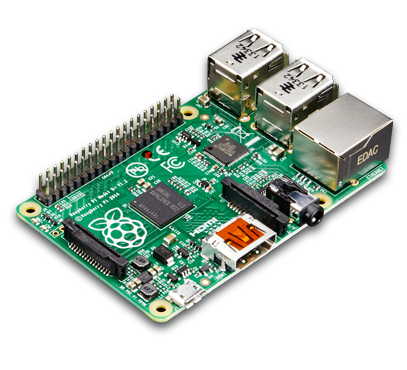I have been playing for quite a while MQTT to have my Arduino devices communicate with Node-Red for all kinds of automation. Due to the constraints of the Arduino’s, so far I have not been able to effectively secure this as SSL/TLS is not an option on these devices.
Mosquitto supports multiple listeners out of the box though aside from the listener-specific settings all listeners share the same global (e.g. authentication and plugin) settings. To secure my setup and to work on a more permanent solution I needed different settings per listener for which multiple Mosquitto instances are required (i.e. multiple instances of the mosquitto daemon with their configuration and listeners different IP addresses / ports). This was not difficult on my Debian server but as I did not find much documentation on this I will document the necessary steps in this post.



